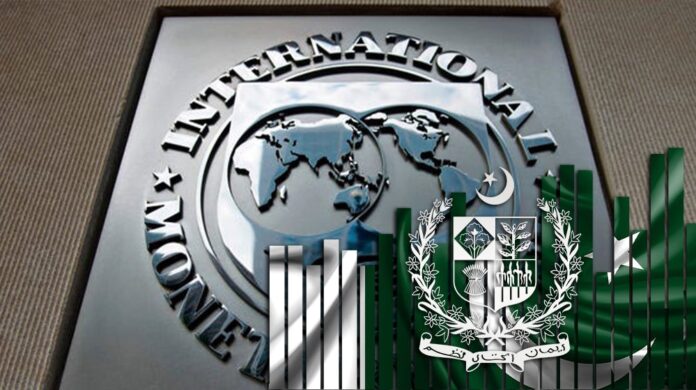The International Monetary Fund (IMF) and the government will hold discussions to finalise a mechanism for targeted electricity and gas tariff differential subsidies through the Benazir Income Support Program (BISP), quarterly gas price adjustments, and additional levies on vehicles using liquid fuels.
According to a news report, the talks, part of the Resilience and Sustainability Facility (RSE), will include officials from relevant ministries, provincial representatives, and the Governor of the State Bank of Pakistan.
Key proposals under consideration include replacing the current Tariff Differential Subsidy (TDS) system with direct rebates for low-income consumers through BISP, aiming for better-targeted assistance and reduced power theft.
Additionally, both sides will deliberate on passing an anti-theft law to improve financial viability for power distribution companies (DISCOs). The Oil and Gas Regulatory Authority (OGRA) will implement a quarterly tariff adjustment mechanism to align gas prices with actual costs, helping to curb circular debt accumulation.
To promote green energy and transport decarbonization, the government is considering a carbon levy on liquid fuels, incentivizing electric vehicle (EV) adoption, and expanding EV charging infrastructure through public-private partnerships. This aligns with Pakistan’s target of having 30% of new vehicles as EVs by 2030.
The meeting will also focus on climate-focused budgeting, including expanding climate budget tagging to provinces, publishing annual reports on climate-related expenditures, and incorporating green considerations into investment projects. Measures to increase water revenue collection through an e-Abiana irrigation system in Sindh, Khyber Pakhtunkhwa, and Balochistan will also be discussed.
Additionally, Pakistan aims to strengthen its climate-related financial risk management by issuing guidelines aligned with Basel Committee on Banking Supervision (BCBS) standards. The Securities and Exchange Commission of Pakistan (SECP) is expected to adopt a green finance taxonomy to enhance corporate climate disclosures.
The outcomes of this meeting are expected to shape Pakistan’s fiscal policies, energy reforms, and climate action framework in line with IMF recommendations.




